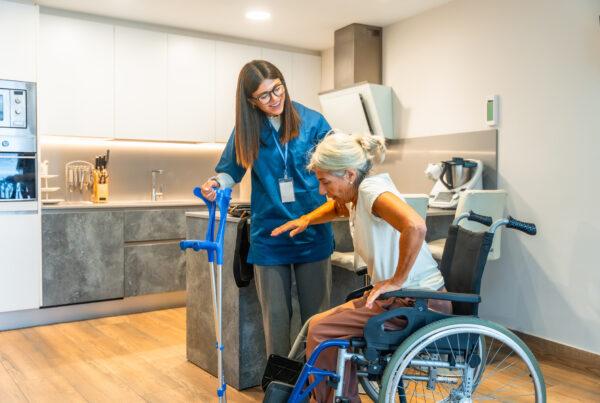If you’re considering a career as a medical office assistant, you’ll be working as an important member of a medical office environment. Your duties help to ensure that a medical practice or service runs smoothly and efficiently. On a day to day basis, medical office assistants have responsibilities which include obtaining patients’ medical histories, handling office correspondence, maintaining computer records, scheduling appointments, preparing patients for testing, and more. These professionals have a wealth of medical administrative knowledge, including medical terminology, clinical procedures, pharmacology, and anatomy. Medical office assistants are also skilled with technology, with the ability to use relevant software programs, perform accounting duties, and navigate office management platforms.
As a graduate of a medical office assistant program, you’ll have the opportunity to work in a number of different environments. The moment when you explore the options available to you, you’ll be able to understand what type of environment will be a good fit for you during your career.
1. As a Medical Office Assistant, You Can Work in a Private Medical Practice
One of the most common places for a medical office assistant to find work is within a private medical practice. Private medical practices might include doctors’ offices, chiropractic clinics, health care clinics, alternative medicine clinics, and more. Within a private practice, the duties of a medical office assistant will depend on the size of the practice and the employer themselves. Within most private practices, medical office assistants will answer phones, communicate with patients, schedule appointments, and manage patient information. In smaller private practices, medical office assistants may also be in charge of bookkeeping and supply inventory.

Medical office assistants may find work in a private medical practice
2. Medical Office Assistants May Work in Hospitals
Medical office assistants can also find work within hospitals, as there are a variety of departments in the hospital setting requiring the services these professionals can provide. Medical office assistants may work in patient registration, in ambulatory or outpatient departments, in diagnostic departments, booking departments, or health records departments, to name just a few. Within hospitals, medical office assistants typically have a more defined role aligned with the type of department they’re working in. They’ll need to keep patient records and information within industry-aligned filing systems, schedule patient bookings and tests, and ensure that the information they handle is readily available for the medical professionals that may need access at a moment’s notice.
3. Long-Term Care Facilities Provide Opportunities for Medical Office Assistants
After getting your medical office assistant diploma, you may also find employment within long-term care facilities such as nursing homes and hospice-care facilities. As a medical office assistant working in a long-term care facility, your duties will be catered to the patients living within the care home. You’ll manage their information and ensure their privacy, communicate with patients’ families, schedule medical appointments for patients, and coordinate shifts for nurses and other medical professionals.
4. Medical Office Assistants are Employed by Insurance Companies
Medical office assistants don’t just work within patient care offices. They may also work for medical insurance companies, where they are in charge of tracking and receiving patient information, billing records, and other tasks. When working in insurance companies, medical office assistants must use their communication skills to effectively relate information from patient care offices to professionals working within the insurance company. If you’re highly organized and have strong communication skills, this could be the job for you after completing your medical office assistant courses. Do any of these working environments sound appealing?
Become a medical office assistant with a diploma program at AOLCC today!






